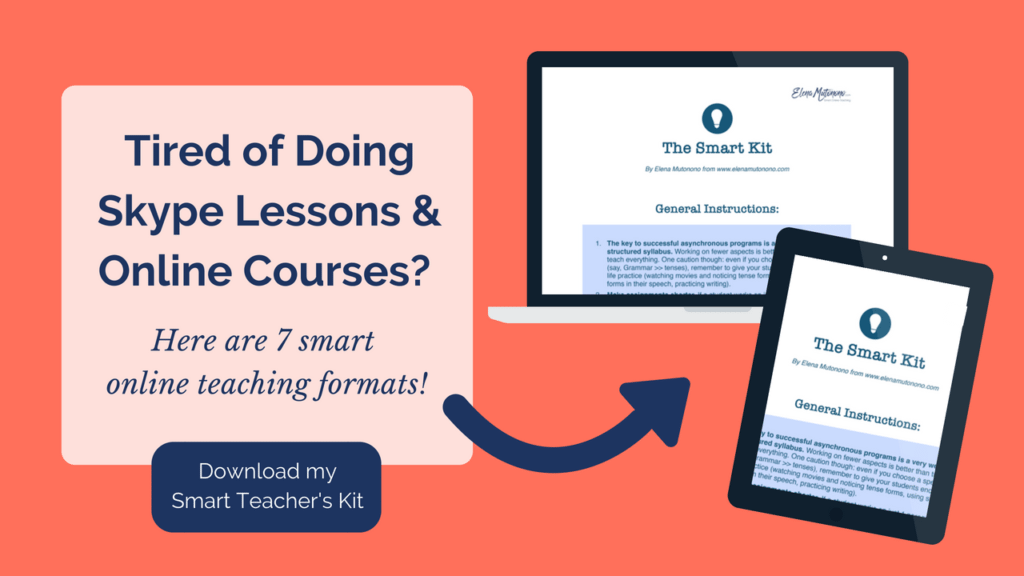No distraction, fix, frivolity, or formula will provide what the balm of truth can. ~ Ruth Chou Simons
When I was in elementary school, I used to envy teachers’ kids. I felt like by virtue of living in the same household with a teacher, they were privileged to know all the truth and wisdom the rest of us could only guess.
I was convinced that whatever teachers told me was true, or at least that’s what the school compelled me to believe. Obviously teachers can be wrong, too.
These days, as many of us enter the new world of online teaching, the volume of information blurs our judgement. We believe something we heard somewhere else, but because we didn’t have the time to double-check it, we took the shortcut and turned this hearsay into our truth.
We accept it as a given, and then wonder why our lives mirror what we believe. Then our intricate belief system offshoots more lies, and we get comfortable in the new reality we’ve created.
Following my previous post on 10 truths about teaching languages online, I’m offering these 6 sneaky lies. At some point I believed they were true. But it changed over time as I decided to challenge them. Perhaps this post will inspire you to do the same.
#1: Nobody wants to pay good money for my expertise.
Let’s start by asking what your expertise is. In 9 out of 10 cases, online language teachers teach everything to everyone.
- Want exam prep? No problem.
- Writing? I’ll teach you that, too.
- Speaking? Sure, we can do that.
Pretty soon your knowledge is diluted by every random demand, and you turn into a large supermarket that offers everything to everyone. The problem is, to keep this supermarket business model running, you have to keep your prices low and service thousands of people.
But you’re just 1 person, and you can’t scale this model. You can’t add 25 more clients (forget about 250)!
To solve this problem you need to turn your supermarket into a boutique. Then you will be able to charge what you’re worth.
#2: All these prospective students want from me is free stuff.
If you work with everyone chances are your clients are only shopping for “deals.” So they collect freebies and discounts. Instead of learning, they spend their time looking for the next free thing. It’s like a drug.
When you zero in on your niche, all your free stuff will be strategic. It will only attract those you need to attract, and in the end these people will become your fans and clients, promoting your work to others.
#3: I won’t have enough students
That’s the scarcity mentality speaking, and it’s one of the greatest enemies of online language teachers. Many of us come from rough backgrounds (dysfunctional schools, meager salaries, crazy job hours with almost no money to show for it).
We’ve opted out of our jobs so we can create freedom, but our minds limit us. We can’t imagine we will ever have “enough,” because from our life experiences we don’t even know what it means. Imagine what it’s like when you have enough. This is your first step.
I also hear this sentiment from teachers of “unpopular” languages, like Portuguese, Japanese, Norwegian, Swedish, etc. Of course not as many people need Portuguese as much as they need English for instance, but that makes your selling point more unique.
Also to run a successful online teaching business you don’t need more than 10 clients (maybe fewer). Out of hundreds of thousands of people around the world wanting to learn your language, your 10 are waiting for you.
Wondering why your #online #teaching #business isn't taking off? You might be living out one of these 6 sneaky lies. Read this to challenge them.Click To Tweet
***
Ready to try less time-consuming formats for teaching languages online? Check out my workshop:
#4: Nobody is reading my blog = nobody cares.
Another scarcity statement. This one originates from years of working in a brick-and-mortar classroom. We are used to only 20 people reading or working through our lesson plans. We can’t imagine 200 or 500.
Let’s say you have a blog and a Facebook page. You publish your blog post and share it on the page. Then you see “no likes,” and you make a conclusion that “nobody” has seen it. All of a sudden we forget that Google can bring some readers our way. Readers can pass the link on to others as well.
When we write online we may think the blog lands in some black hole, but there are real people on the other side of the screen reading. They just haven’t mustered enough courage to reach out to you.
I had dozens of people like that, reading and keeping silent. Then they bought my book, and later joined my Smart Teacher’s Library (where I met them). Whatever you put out there, a post, a comment, a social media share — all of it becomes visible.
#5: I’m not as fast as XYZ therefore I will never have those results.
You don’t have to be fast. You have to show up. Consistently. Make connections. Pay attention. Give with no strings attached. Help and inspire. Then one day people will notice you. Then you join the right community and help some more. Then your small steps add up, and you grow exponentially.
It’s easy to think that you have to turn into a productivity ninja before you get results. But small and consistent contributions add up and compound at the time you least expect. So stop worrying about being fast. Just show up.
#6: I hate marketing. It’s too aggressive.
I’ll let you in on a secret: aggressive marketers don’t think they’re too aggressive. They only think how they can push a little more. Most online teachers I know who are concerned about being too aggressive are just afraid to speak up and spread their message with boldness.
In one of her viral posts, Veronika Palovska writes, “By speaking up, you’re making the (online) world a bit of a better place. Because if you’re afraid of self-promotion, guess who isn’t afraid: people who really are arrogant, selfish, egoistic, shameless, and only care about money.”
That said, I must note that if what you do isn’t your passion, anything will feel “aggressive” because it will be out of alignment with your values.
Say, you love to teach creative writing but some “guru” told you that this isn’t a hype enough niche (another lie). So you listen to the guru and teach Business English instead because there’s a lot more “demand” on that.
Don’t be surprised if you’ll come across as a bully then. There’s no pleasure in doing the thing you hate, so promoting it will be like selling useless trinkets to people who don’t want them.
A few points to remember:
- Spend time identifying your focus and core message. This will help you transition from a supermarket to a boutique mentality. Join our Smart Teacher’s Library if you are lost in your niche-finding process.
- Imagine what it’s like to have enough. To have an unhurried life. To enjoy what you have. Doodle your way out of scarcity and keep a gratitude journal. This journal has helped me overcome my scarcity mindset.
- Ask yourself if the work that you do is something you’re passionate about. If it’s not there’s no sense in building a business around it. Fake won’t sell.
- Show up. Even if you don’t see results. If you stop there will be no results at all.
- Reframe the way you think about marketing. This post might help you.
What about you? What are some sneaky lies you’ve been led to believe, only to discover later that you don’t have to live by them? Please share in the comments.

The post was updated in May, 2021.



 Welcome to my nook where *Big Magic* happens. My name is Elena Mutonono, I help small business owners package their services as digital products and sell them online. I want you to work smarter, not harder. Increase your impact beyond your current face-to-face clients. Grow your business as you reach more people all over the world.
Welcome to my nook where *Big Magic* happens. My name is Elena Mutonono, I help small business owners package their services as digital products and sell them online. I want you to work smarter, not harder. Increase your impact beyond your current face-to-face clients. Grow your business as you reach more people all over the world.








Hello Elena. Thank you for sharing your thoughts and experience with us. Being an online teacher can be a lonely job, so I’m glad to read your post and see that many of my concerns are also shared by other teachers.
Thank you, Fernanda! It can be really lonely, and because of that sometimes you wonder if what you’re doing is bringing you the results you want or if you’re just spinning your wheels uselessly. I love it how when some members of the Library tell me that they are so relieved to know that they are not the only ones struggling with this or that. We can’t do it on our own, so I’m glad that these words encouraged you! Hope to see you around 🙂